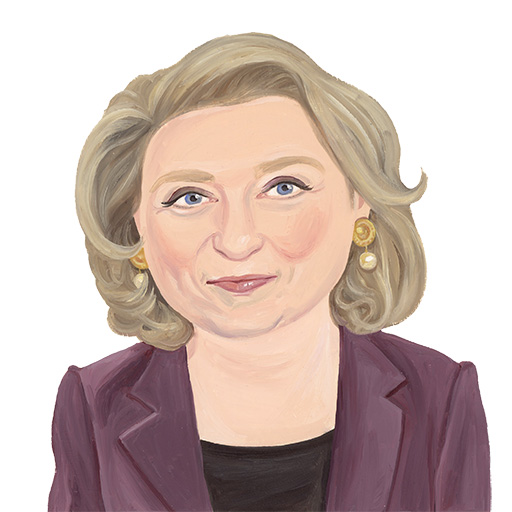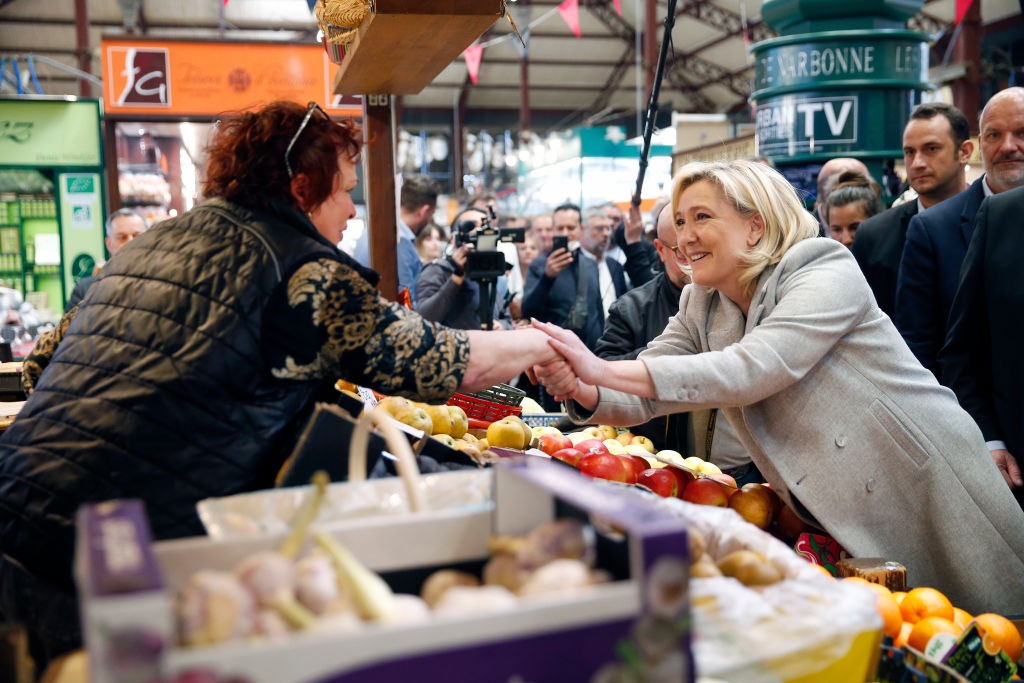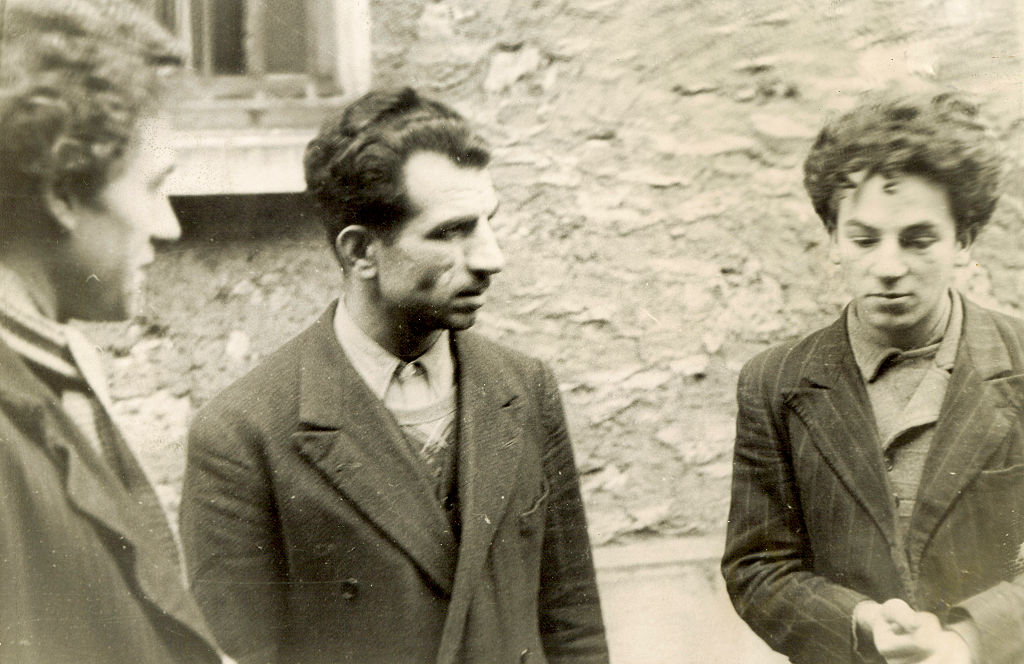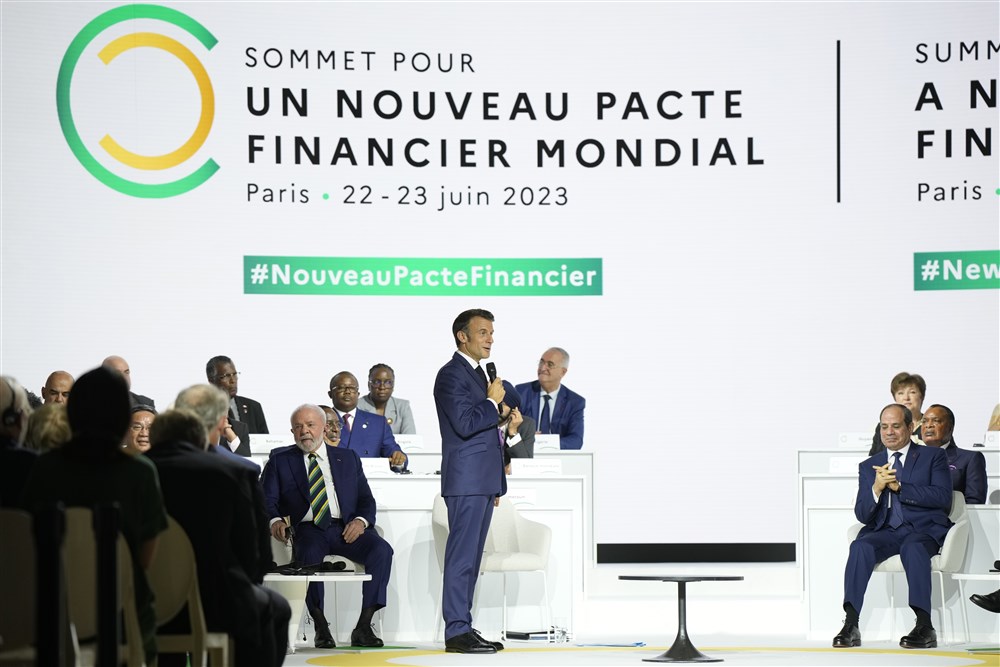As an end-of-summer holiday, it was unexpected – and decidedly welcome. “I’ve been loaned a house on a Greek island by this German I do business for,” my friend Charles said. “It is apparently the last thing in luxury. Do you want to come?”
“Let me get my Easyjet and ferry tickets this minute”, I said.
“I’m inviting friends,” he said, “there are plenty of rooms.”
And this is how I spent two weeks with Charles and what turned out to be a party of friends he met in grad school 40 years ago. Charles is an énarque, a graduate of France’s elite government training ground, École Nationale d’Administration (ENA), created in 1945 by General de Gaulle. The plan was to provide the French civil service with a new generation of competent, selfless technocrats in charge of the country’s post-war reconstruction. (Unsaid was that many of their elders had seamlessly administered France under Marshal Pétain, and needed replacing.)
It worked beautifully for the first thirty years or so. To a large extent, France is still coasting on the achievements of that period: trains, motorways, nuclear power, what used to be an excellent State education and health systems, etc. Then ENA’s very success turned the “model” into a symbol of French caste arrogance and privilege.
Out of eight Fifth Republic presidents, four came from ENA (and two of the remaining lot, Charles de Gaulle and Georges Pompidou, got their schooling long before it existed). Ditto one third of Prime Ministers.
Until about ten years ago, one fourth of CAC-40 bosses. The latter is now down to 10 per cent, but that’s because the slack has been picked up by other elitist Grandes Écoles, like Polytechnique, which are similarly entered through a gruelling competitive exam. They require a period in which the graduates work in the public sector, and therefore provide their alumni an unparalleled network in a country where few activities are not overlooked at one stage or another by a thousand-year-old civil service.
As it turned out, I was about to get a glimpse of the network at rest and play in undiluted circumstances.
Soon after he was elected, Emmanuel Macron, class of 2002-2004, said he was closing ENA for good. The following academic year, something called L’Institut du Service Public, to be henceforth known as INSP, opened in the same Strasbourg and Paris campuses, with a good many of the same teachers. There had been a few tweaks to the system, supposedly to make it more egalitarian and inclusive.
That was not in evidence on our house’s guestlist. Everyone was in Charles’s age bracket (60s); everyone knew everyone else, from public and private jobs; everyone tempered the natural énarque’s tendency to viciously criticise everyone and everything in sight with the healthy wariness that prompts you not to fall foul of someone who can damage your career.
Everything is a zero-sum game, as it was at school when someone’s success meant one’s ranking slipped in the entrance and exit gradings, on which one’s entire life — public and private sector jobs, then board memberships and Cabinet posts; income, influence, even marriages — depends for the next five decades. France has not much changed since the days of the Sun King and Napoleon.
That tension remained as a constant undertone under the assumption of bluff good cheer, especially as part of the first-rate gossip sessions: les absents ont toujours tort.
There was talk of the French woman diplomat who allegedly conducted an affair with a major female British politician; of another whose most recent book is described on her Wikipedia notice as “based on stereotypes of French hatred toward Britain” (she was rated highly by my fellow vacationers, who as one berated the Brexit “Leave” vote); of a number of Cabinet members, past and present.
Even though a good half of our housemates had served in conservative (Gaullist) administrations, the banter skewed Left, as the polite conversation on French State TV, radio, newspapers, dinner parties, etc. almost always does.
That is because your average énarque, from climate change to education theories to immigration issues, etc., is conformist by necessity. What begins as protective covering at school and during your first stages (required civil service internships) becomes your unquestioned default position, whether about policies, cultural tastes, even food.
Over the years the same books, movies, even opera productions, have been quoted again and again to me by seemingly very different énarque friends as their “favourites”: they were the ones safe to mention during ENA general knowledge tests.
It is telling that one of the favourites is the 1950s novelist and screenwriter Roger Vailland’s 1956 Éloge du Cardinal de Bernis, an elegantly-written small book on an 18th century French prelate living in Venice, famously libertine (he’s mentioned more often than anyone else in Casanova’s Memoirs), who ended up as a member of the Académie Française.
As a career, it represents a kind of ideal in a ruling class that enjoys pretend transgression (and acts surprised when it’s revealed to be real) as well as prestigious gongs. But the final touch is provided by the author’s impeccably liberal credentials — Vailland was a member of the Communist Party — which, to this day, makes a reference to a Madame de Pompadour protégé palatable, even cool in Paris.
I should perhaps not have been surprised, then, to hear Charles and his friends express consternation that nobody seemed to be able to make Ukrainians stop resisting Vladimir Putin’s invasion. It was unreasonable, caused the rest of the world undeserved economic hardship, and Ukraine wasn’t a real country anyway. It was entirely the fault of the Americans, using the supposedly non-existing Ukrainians as proxies.
According to this worldview, similar to 1970s slogans at Berkeley and the Sorbonne, NATO’s other 29 members do not count: the organisation is entirely puppeteered by America.
I suggested that America had experience with proxies, in places from Vietnam to Iraq to Afghanistan: it had worked out so well then that their first reflex this time had been to offer Volodymyr Zelensky a quick exfiltration. Also, a quick look revealed the absence of any US boots on Ukrainian ground.
This prompted a deluge of vituperative anti-Americanism, that the United States were a kleptocracy on par with Putin’s Russia, on and on and on. This was a kind of 1960s Gaullism on steroids, more radical than what most BRICS dare say.
I then made the mistake of mentioning the morality of invading a neighbouring country with tanks, cluster bombs, and DIY torture chamber equipment.
That prompted knowing smiles. How unsophisticated, how primitive! The French elites, left and right, value Realpolitik above all, because it is “more intelligent”. “You can’t be that simplistic”, one suggested, with a tone that said little better could be expected of a journalist. At which point I went to take a dive into the infinity pool. Which was indeed luxurious.
About one third of my holiday companions still work for the French State; the rest undertake various business activities, for two of them hampered by European sanctions against Russia.
It turned out Charles’s so generous German client had also experienced recent frustrations over sanctions. I expect this unknown figure has good hopes that a conciliatory line is being pushed by the best members of the French nomenklatura in their constant encounters with their old school friends. As the “intelligent” and “sophisticated” choice.
Names have been changed. No énarques were harmed during the writing of this column.






Blair, Royal, Timmermans: Is this the summer of the political walking dead?